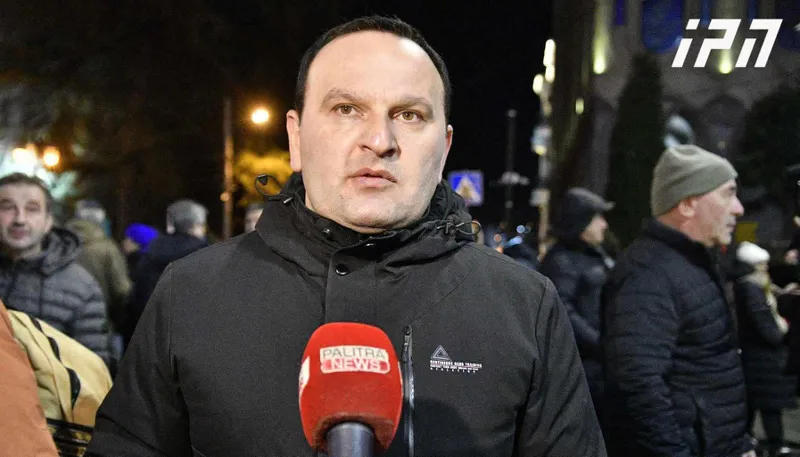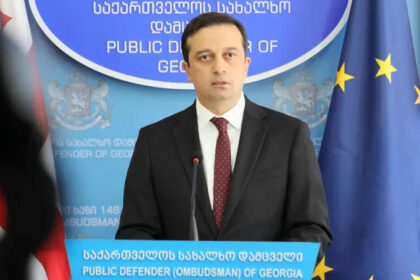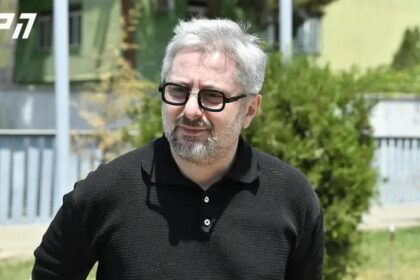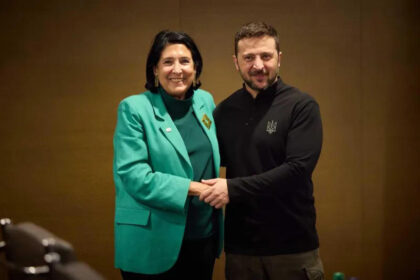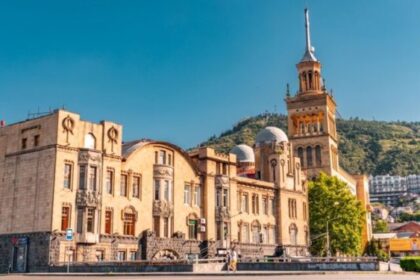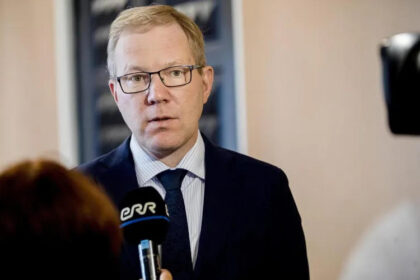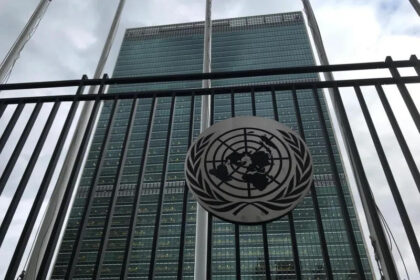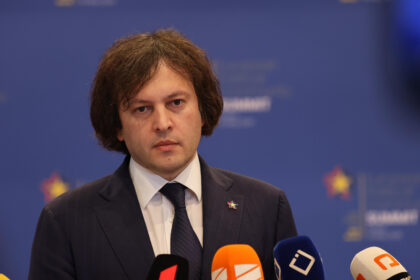**Opposition Leaders Weigh in on Hunger Strike**
A hunger strike by one of the leaders of the opposition coalition has sparked a heated debate among politicians. Elene Khoshtaria, leader of the “Coalition for Change,” had announced that she would end her hunger strike if the opposition agreed not to participate in the upcoming elections.
However, Paata Manjgaladze, leader of the “Strategy Aghmashenebeli” coalition, dismissed this demand. He told reporters at a rally on Rustaveli Avenue that Khoshtaria had taken a heroic step by putting her health and life on the line, but he believed it was not necessary to resort to such extreme measures.
“We don’t need a hunger strike to agree on our positions with each other,” Manjgaladze said. “It’s unfortunate that we have to use this form to find common ground.” He emphasized the importance of unity among opposition leaders, saying that the government would do everything in its power to undermine their efforts.
In fact, Manjgaladze warned that the government might even bring additional charges against opposition leaders. He pointed out that it was in the government’s interest for half of the opposition to boycott the elections while the other half participates, making neither option successful. This, he said, was Ivanishvili’s plan.
**Commentary**
The hunger strike by Elene Khoshtaria has brought attention to the plight of opposition leaders in Georgia. The country is gearing up for elections, but the opposition remains divided on whether to participate or boycott. Manjgaladze’s comments suggest that unity among opposition leaders is crucial if they hope to succeed.
However, some critics argue that the hunger strike was a desperate measure taken by Khoshtaria because of her own personal circumstances rather than a genuine attempt to find common ground with other opposition leaders. Others point out that Manjgaladze’s response has done little to address the underlying issues and simply dismissed the hunger strike as a “politics” issue.
**What does this mean for Georgia?**
The developments in Georgia highlight the deep divisions within the opposition coalition. While some leaders are willing to take drastic measures, such as hunger strikes, others are more cautious. The fact that Manjgaladze has ruled out the possibility of boycotting elections altogether suggests that there is still no consensus on this issue.
The opposition’s internal squabbles have weakened their position ahead of the elections. As a result, many Georgians remain skeptical about the prospects for change in the country. The government will likely continue to use its leverage to undermine the opposition and maintain control over the electoral process.
Read More @ www.interpressnews.ge




